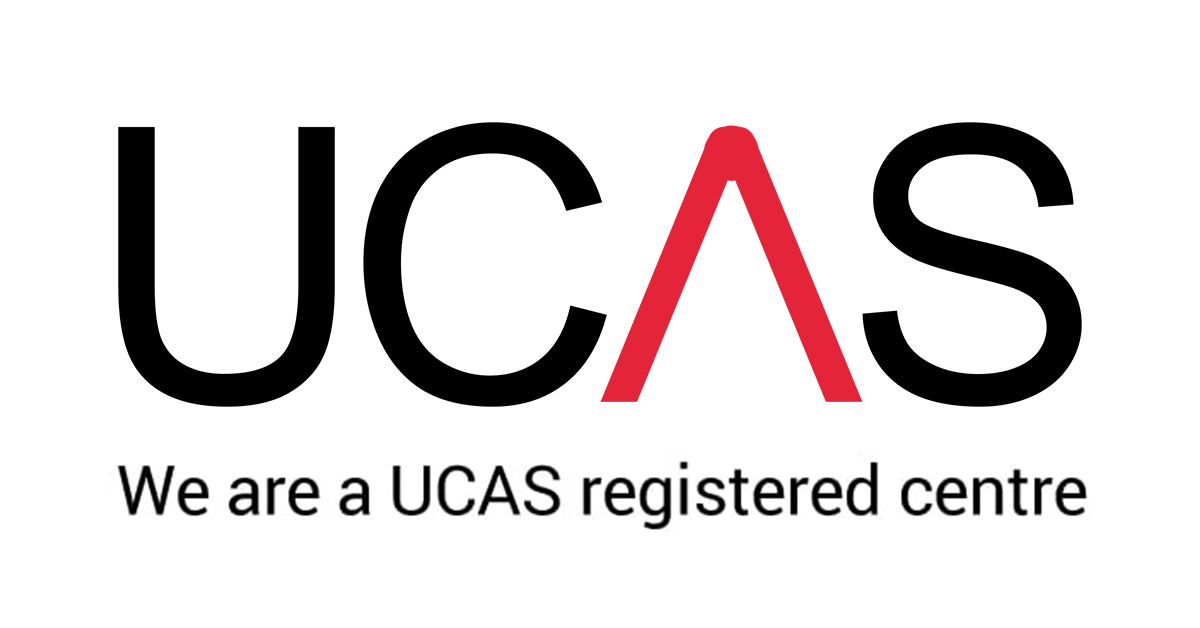GCSE in Film Studies
WJEC Eduqas – Qualification Code: C670QS
Why Study This Course?
The WJEC Eduqas GCSE in Film Studies offers students the opportunity to explore the art, history, and cultural significance of cinema. Students will develop analytical, creative, and technical skills by studying film as an industry, an art form, and a mode of storytelling.
This course is ideal for students who:
· Are passionate about film and visual storytelling.
· Enjoy analysing narrative, cinematography, editing, and mise-en-scène.
· Want to develop technical skills in screenwriting and filmmaking.
· Are considering A-Level Film Studies or careers in the creative industries, media, or film production.
· Wish to gain a globally recognised qualification that enhances university applications and career prospects.
Who is This Course For?
This course is suitable for students who:
· Have an interest in film, media, and storytelling.
· Enjoy exploring themes, genres, and filmmaking techniques.
· Want to understand the social, cultural, and technological impact of cinema.
· Wish to develop transferable skills useful in writing, directing, editing, and analysis.
This course fosters cinematic literacy, creative expression, and technical proficiency, essential for further education and careers in film, media, and storytelling.
1. Film Analysis and Interpretation
- Evaluating cinematography, editing, mise-en-scène, and sound.
- Understanding narrative structures and character development.
- Exploring themes, symbolism, and film aesthetics.
2. Historical and Global Perspective
- Studying Hollywood’s evolution from classic cinema to digital filmmaking.
- Exploring international cinema and cultural representation.
- Analysing how technological advances shape the film industry.
3. Practical Filmmaking and Screenwriting
- Applying film techniques to original short films or screenplays.
- Editing footage and using sound design, lighting, and visual composition.
- Developing storyboarding, scriptwriting, and directing skills.
The course assesses students based on the following objectives:
| Objective | Description | Weighting |
|---|---|---|
| AO1 | Demonstrate knowledge and understanding of film elements and theory | 30% |
| AO2 | Apply knowledge and understanding to film analysis and creative work | 50% |
| AO3 | Apply filmmaking and screenwriting skills in production | 20% |
Strong Preparation for A-Level and Beyond
This course provides a solid foundation for A-Level Film Studies, preparing students for higher education in filmmaking, screenwriting, media studies, and creative arts.
Recognition by Top Universities
The WJEC Eduqas GCSE in Film Studies is widely recognised by universities, employers, and creative industries.
Development of Analytical and Creative Skills
Students develop critical reasoning, visual storytelling, and filmmaking abilities, which are essential in media, entertainment, and communication careers.
Engaging and Practical Content
The course covers classic and contemporary films from different cultures, ensuring students engage with a wide variety of cinematic styles and themes.
Course Structure
The qualification consists of two externally assessed written papers and one internally assessed production project:
Component 1: Key Developments in US Film (35%)
Exam Duration: 1 hour 30 minutes
Assessment Format: External Assessment Format: External written examination
Skills Assessed:
- Understanding US mainstream and independent cinema.
- Analysing film history, genre, and key developments in film technology.
- Comparing classic and contemporary films.
Topics Covered:
- US Film Comparative Study – Analysis of a pair of mainstream Hollywood films (one from 1930–1960 and one from 1961–1990).
- Key Developments in Film and Film Technology – Exploration of innovations such as sound, colour, widescreen, CGI, and digital effects.
- US Independent Film Study – Analysis of a film produced outside the Hollywood studio system.
Example Film Pairings for Study:
- Dracula (1931) & The Lost Boys (1987)
- Singin’ in the Rain (1952) & Grease (1978)
- Rebel Without a Cause (1955) & Ferris Bueller’s Day Off (1986)
Example US Independent Films:
- Juno (2007)
- The Hurt Locker (2008)
- Whiplash (2014)
- Lady Bird (2017)
Component 2: Global Film – Narrative, Representation, and Film Style (35%)
Exam Duration: 1 hour 30 minutes
Assessment Format: External written examination
Skills Assessed:
- Understanding global cinema and its impact on audiences.
- Analysing film narratives, representation, and style.
- Comparing English and non-English language films.
Topics Covered:
- Global English-Language Film – Study of a film produced outside the US.
- Global Non-English Language Film – Analysis of international cinema.
- Contemporary UK Film – Examination of British filmmaking and style.
Example Films for Study:
- Global English-Language Films: Slumdog Millionaire, District 9, The Babadook.
- Global Non-English Language Films: Tsotsi, Wadjda, Girlhood.
- Contemporary UK Films: Skyfall, Attack the Block, Rocks.
Component 3: Production (30%)
Assessment Format: Non-exam assessment (coursework)
Skills Assessed:
- Application of cinematography, editing, sound, and mise-en-scène.
- Creative writing and technical skills in film production or screenwriting.
- Evaluative analysis of personal filmmaking projects.
Production Project Requirements:
Students must complete one of the following option:
- A filmed extract from a genre-based film (2–2.5 minutes).
- A screenplay extract with an accompanying shooting script (800–1000 words).
Genre Options Include:
- Science Fiction
- Horror
- Romance
- Action
- Teenage Drama
Evaluative Analysis:
Students must complete a 750–850 word analysis explaining the creative choices made and how professional films influenced their work.






